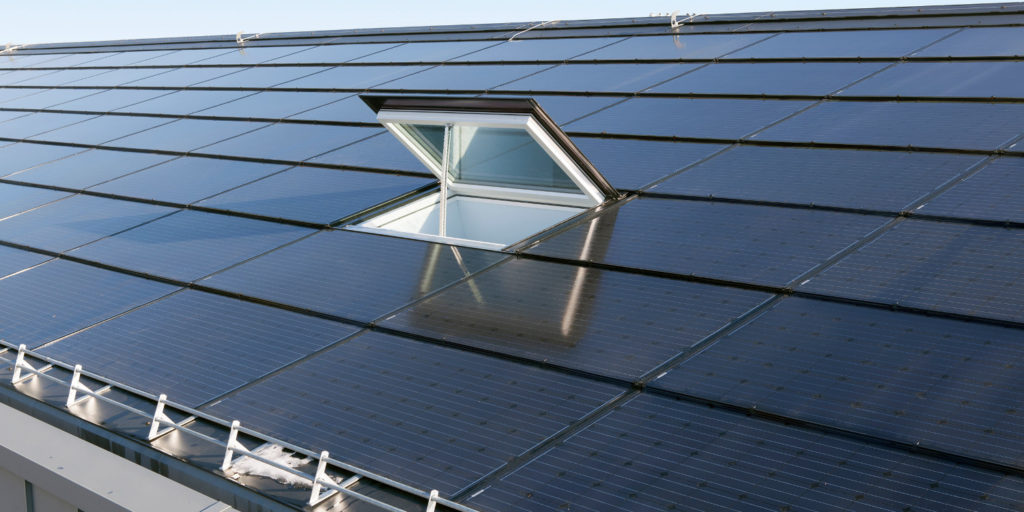The Swiss solar market shrank by 9% last year, to almost 241 MW, according to new statistics released by local association, Swissolar, which are based on a market survey published by the Swiss Federal Office of Energy (BfE) on Wednesday.
The decline was largely caused by the lack of funding for PV systems exceeding 30 kW in size in 2017, a segment which has collapsed by around 31%. The segment of PV projects larger than 1 MW also dropped by 73%, with just seven new plants exceeding this limit installed in 2017, contributing to 9 MW of new capacity in total.
BfE figures also show that PV demand has fallen by up to a third, especially in industry, commerce and agriculture. Exactly in these areas, there are many large roofs on which plants bigger than 30 kW of power could be installed. Swissolar has demanded a reduction of the up to six-year waiting period for the one-off payment for these facilities. Redistribution of available funds should reduce it to a maximum of two years, according to the association.
Another reason for the decline is the very low return rates for excess power injected to the grid under net metering. As a result, the system owners dimensioned their PV systems as small as possible, in order to optimize their own consumption. “This does not comply with the objectives of the Energy Strategy 2050 and the requirements of the Paris Climate Agreement and is also economically nonsensical,” said Swissolar in its statement.
Demand for smaller PV systems with a capacity of up to 30 kilowatts, however, remained sustained. This segment grew 38% last year, according to the report. Swissolar stressed that these figures show that this kind of installation has become standard in new buildings or renovations.
As of the end of December 2017, Switzerland's cumulative installed solar capacity surpassed 1.9 GW, which means that, taking into account the growth trend of the past years, the 2 GW mark will probably be reached this year.
In addition, Swissolar has reported that the number of battery storage systems installed has tripled compared to 2016. However, the market is still small, Swissolar stated. “Compared to Germany, however, four times less battery storage per capita is currently installed in Switzerland.”
However, the association expects demand to grow rapidly, due to the fall in prices and the increasing profitability through self-consumption optimization. The total capacity of the storage systems installed in Switzerland in 2017 was just over 10,000 kWh, while the total number of installed systems was 1,260.
This content is protected by copyright and may not be reused. If you want to cooperate with us and would like to reuse some of our content, please contact: editors@pv-magazine.com.




By submitting this form you agree to pv magazine using your data for the purposes of publishing your comment.
Your personal data will only be disclosed or otherwise transmitted to third parties for the purposes of spam filtering or if this is necessary for technical maintenance of the website. Any other transfer to third parties will not take place unless this is justified on the basis of applicable data protection regulations or if pv magazine is legally obliged to do so.
You may revoke this consent at any time with effect for the future, in which case your personal data will be deleted immediately. Otherwise, your data will be deleted if pv magazine has processed your request or the purpose of data storage is fulfilled.
Further information on data privacy can be found in our Data Protection Policy.